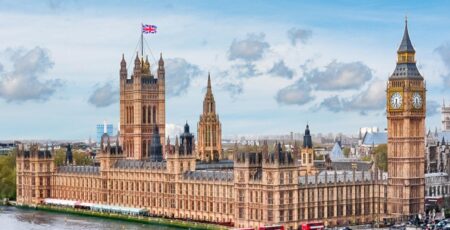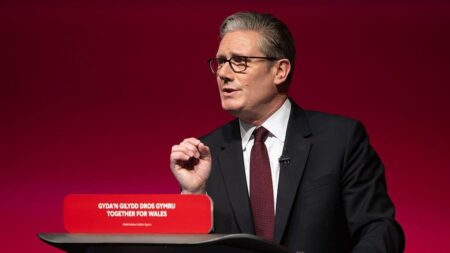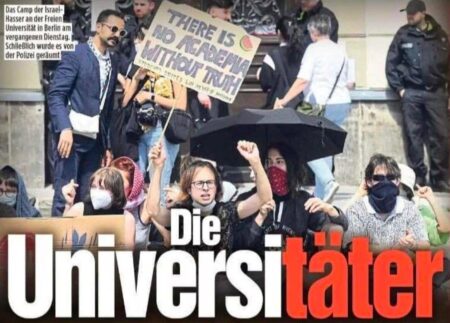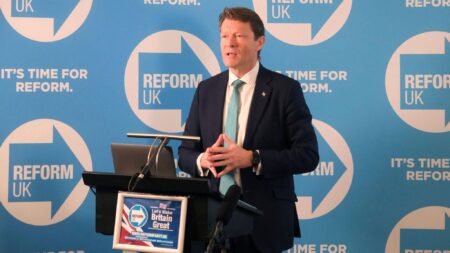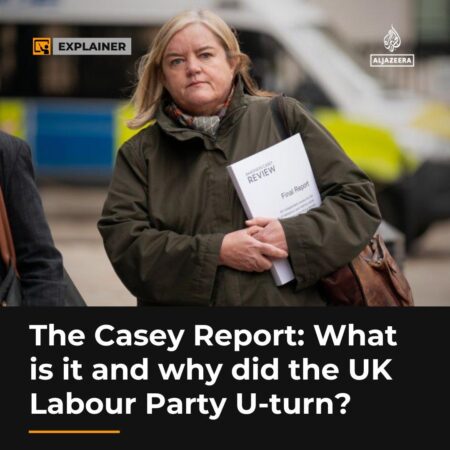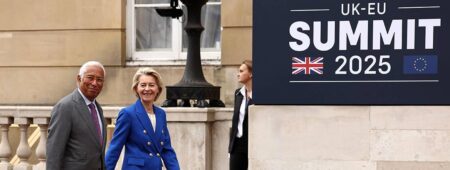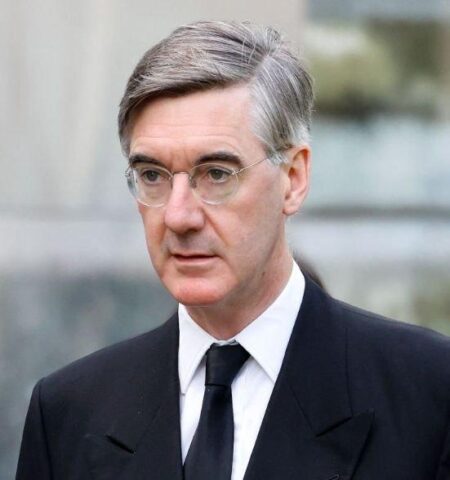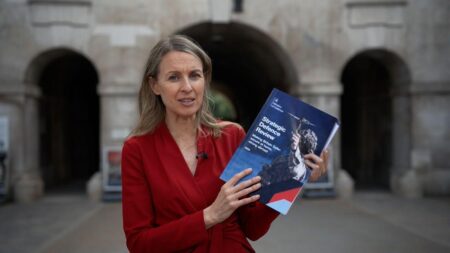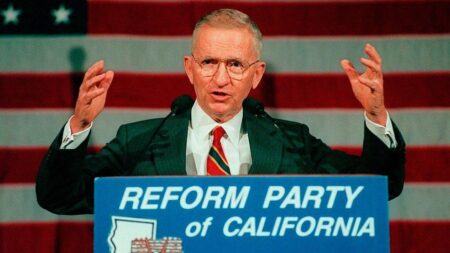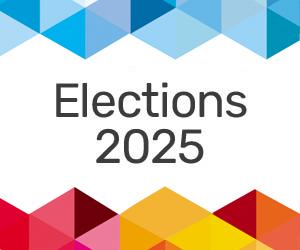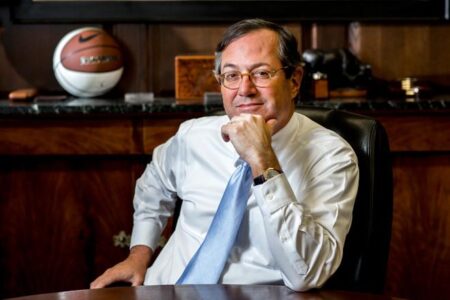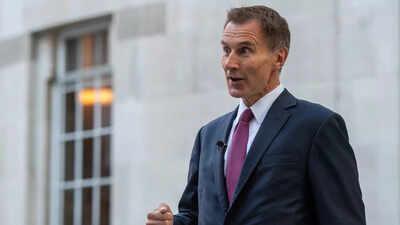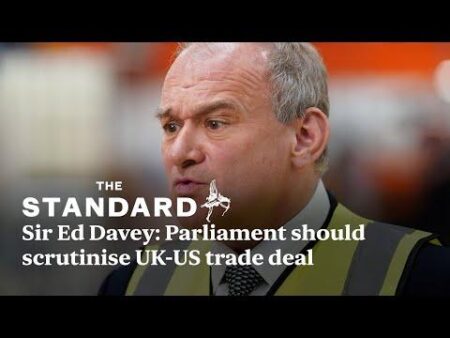UK’s Labour MP David Lammy delivers a powerful warning: Britain may intensify pressure on Israel if the Gaza crisis worsens, urging bold and decisive action as the conflict escalates, Reuters reports
Browsing: UK politics
The UK government faces a crucial crossroads as Parliament gears up to vote on a fiercely contested welfare reform bill. Opponents warn that these changes could jeopardize vulnerable communities, while advocates argue the reforms are vital to safeguarding the country’s economic future
Labour leader Keir Starmer is under pressure to respond after former US President Donald Trump threatened Canada with new tariffs, raising concerns about rising trade tensions that could affect Commonwealth allies
All three anti-Israel motions at the British Medical Association conference passed with overwhelming majority support, sparking fierce debate and drawing sharp criticism. These outcomes have triggered powerful reactions from pro-Israel groups and medical professionals alike
Britain’s Reform Party has launched the thrilling “Britannia Card,” a groundbreaking initiative crafted to captivate wealthy migrants with attractive tax perks and exclusive residency privileges, all set to ignite new investments and fuel dynamic economic growth
The Casey report uncovers alarming failures in addressing grooming gangs across the UK, exposing deep-seated institutional neglect and intricate race-related tensions. Labour’s striking reversal on the report highlights escalating political pressure amid rising public concern for safety and community cohesion
UK Labour leader Keir Starmer announces a major military buildup in the Middle East amid rising tensions, while European leaders call for calm to avoid escalating conflict in this fragile region
The upcoming EU-UK summit offers a pivotal moment to redefine post-Brexit relations. Key discussions will focus on trade, security, and cooperation, aiming to forge a new and enduring partnership
UK Chancellor Jeremy Reeves spotlights encouraging signs of economic recovery, but he also acknowledges rising public frustration over soaring inflation and stagnant wage growth-underscoring the tough challenges that lie ahead for government policy
A UK politician has fiercely criticized the existing law allowing abortion up to 24 weeks, calling it “utterly ludicrous” and sparking renewed controversy. The pro-life campaigner is demanding stricter regulations, highlighting profound ethical issues at the core of the abortion debate
The UK Strategic Defence Review reveals bold reforms set to transform the armed forces and boost national security like never before. However, questions remain about whether the government can successfully turn these ambitious plans into reality
UK Prime Minister Keir Starmer raised urgent concerns as the situation in Gaza “worsens by the day,” urging swift humanitarian aid and stronger diplomatic efforts to address the rapidly escalating crisis, Reuters reports
The newly rebranded Reform Party is poised to shake up UK politics, tapping into the rising wave of dissatisfaction with established parties. With its bold populist policies, it aims to draw in disenchanted voters and transform the political arena like never before.
As the UK prepares for the crucial local elections in 2025, grasping the dynamics at play is essential. Our guide is your go-to resource for navigating this exciting political landscape. Discover how to track key battlegrounds and make the most of real-time updates, ensuring you stay ahead of the game. Get ready to watch these elections unfold like a pro!
Warren Stephens has been officially appointed as the UK Ambassador, marking a significant milestone in the enhancement of diplomatic relations. With a wealth of experience in international affairs, Stephens is set to foster deeper collaboration on pressing global challenges.
UK finance minister Rachel Reeves finds herself at the center of a significant investigation by Parliament’s standards commissioner, probing allegations of misconduct. This inquiry not only casts a shadow over her actions while in office but also intensifies the scrutiny surrounding her political journey.
As Britain charts its course through the complex waters of post-Brexit trade negotiations, the allure of striking a deal with the Trump administration poses a significant challenge. Experts caution that yielding core values in exchange for economic benefits could jeopardize the UK’s esteemed global reputation and ethical integrity.
In a recent statement, Senator JD Vance expressed optimism about the prospects of a UK-U.S. trade deal, highlighting the robust connections and common goals that unite the two nations. He pointed out that former President Trump holds a deep-seated fondness for Britain, a sentiment that could significantly enhance the negotiation process
The UK’s military capabilities solidify its role as a key partner for Europe, enhancing collective defense and security. With ongoing geopolitical challenges, Britain’s commitment to NATO and regional collaborations underscores its strategic importance on the continent.
In PM Keir Starmer’s constituency, tensions have escalated amid rising pro-Palestine activism. As protests gain momentum, local community reactions reveal a divide, prompting discussions about free speech and political responsibility within the Labour party.


